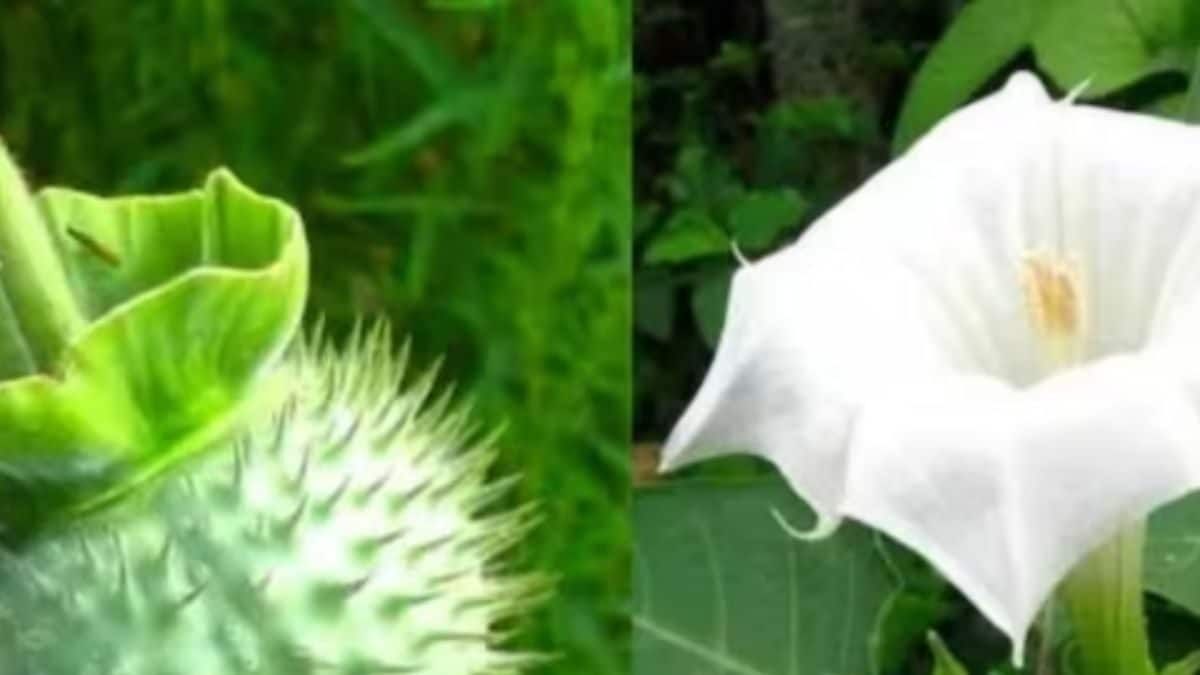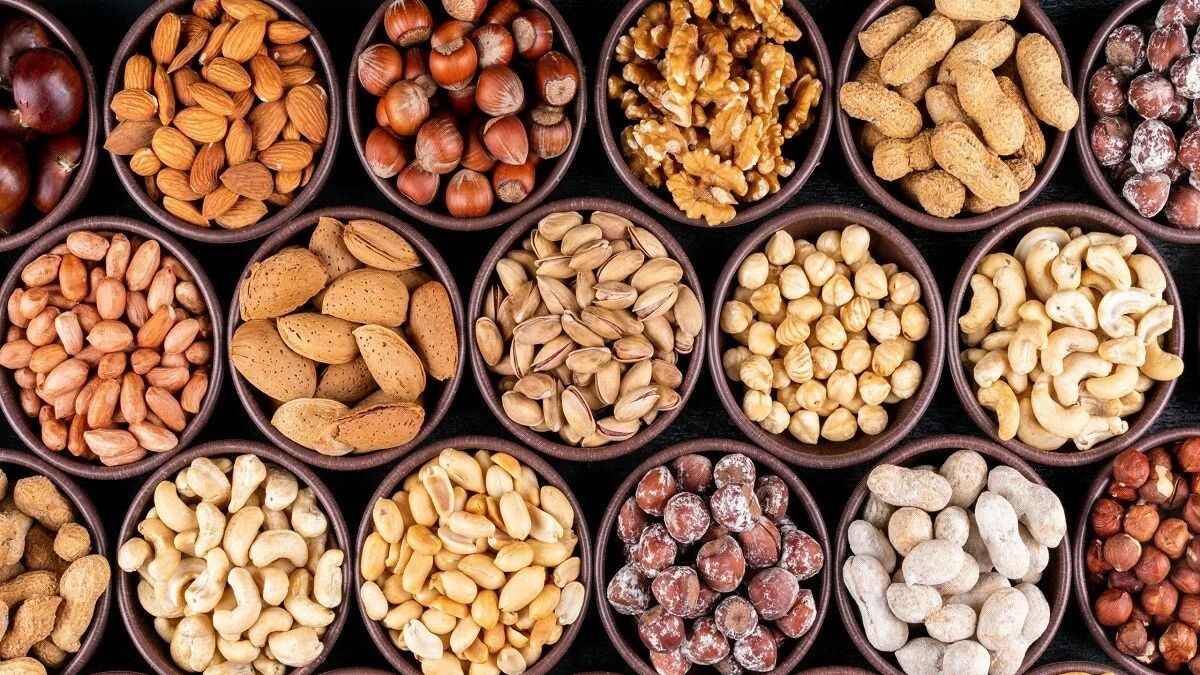Datura is considered a medicine in Ayurveda due to the presence of alkaloids like scopolamine and atropine.
Being a natural antioxidant and cardioprotective herb, datura helps treat a number of heart ailments. Strengthens the heart muscles.
Datura, known as jimsonweed or unmatta, occupies an important place in Hindu rituals and Ayurvedic medicine, despite its poisonous nature. Dr. Smita Srivastava, Ayurvedic expert at BAMS, highlights its medicinal importance and the health benefits it offers:
1. Hair Loss Relief:
The antioxidant properties of datura make it valuable in combating hair loss, dandruff, and various respiratory problems. Dr. Srivastava suggests applying a paste of datura leaf powder mixed with ghee on the scalp after bathing to promote hair health. This traditional remedy passed down from generation to generation harnesses the natural healing properties of the plant to nourish the health of the hair and scalp.
2. Benefits for the heart:
Recognized as a natural antioxidant and cardioprotective herb, datura helps in the treatment of heart diseases and strengthens the heart muscles. Its calming effect on the mind is especially beneficial for patients with arrhythmias and palpitations. Incorporating datura into Ayurvedic treatments offers a holistic approach to heart health, addressing both physical and emotional aspects.
3. Reduction of pain and inflammation:
Datura's powerful analgesic and anti-inflammatory properties relieve conditions such as arthritis and muscle spasms. Dr. Srivastava recommends applying datura leaves, heated and fried in lamp oil, to relieve swelling and joint pain. This traditional pain relief method, based on Ayurvedic principles, demonstrates the plant's effectiveness in relieving inflammation and discomfort.
Despite its toxic nature, datura continues to be revered for its medicinal properties and offers comprehensive health benefits when used with caution and under the guidance of experts. Its inclusion in Ayurvedic formulations reflects centuries of traditional wisdom, passed down from generation to generation, and its role in Hindu rituals underlines its cultural importance. As modern science continues to explore the therapeutic potential of natural remedies, datura is a testament to the enduring legacy of traditional healing practices.












